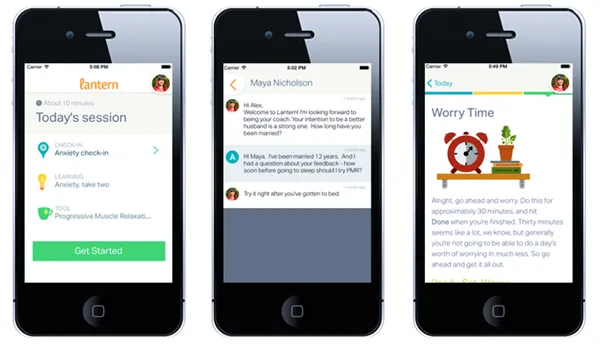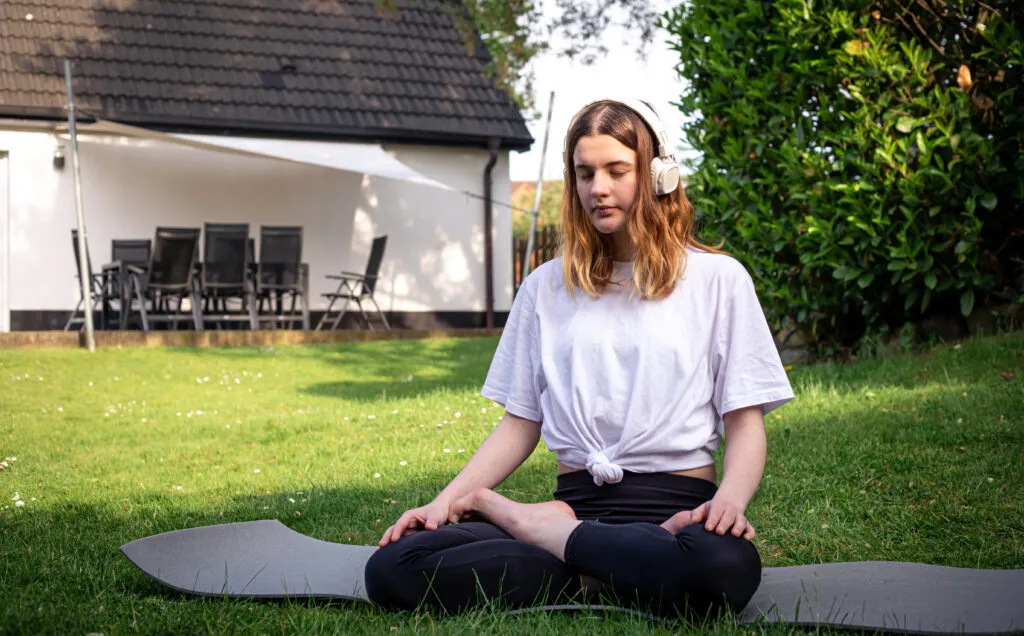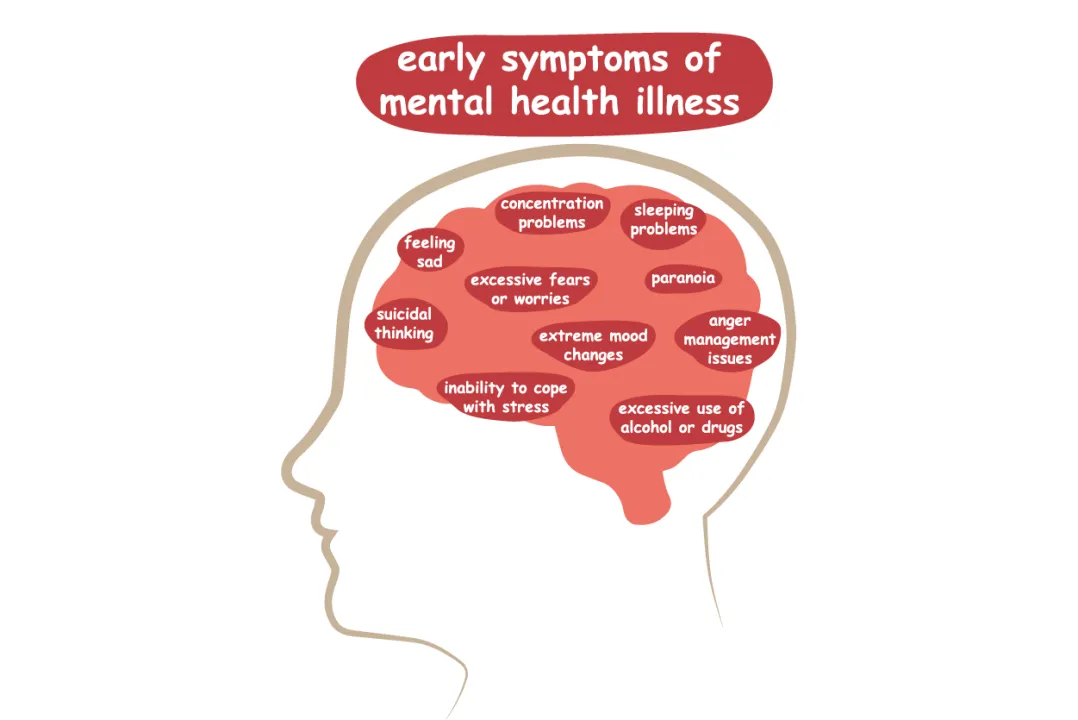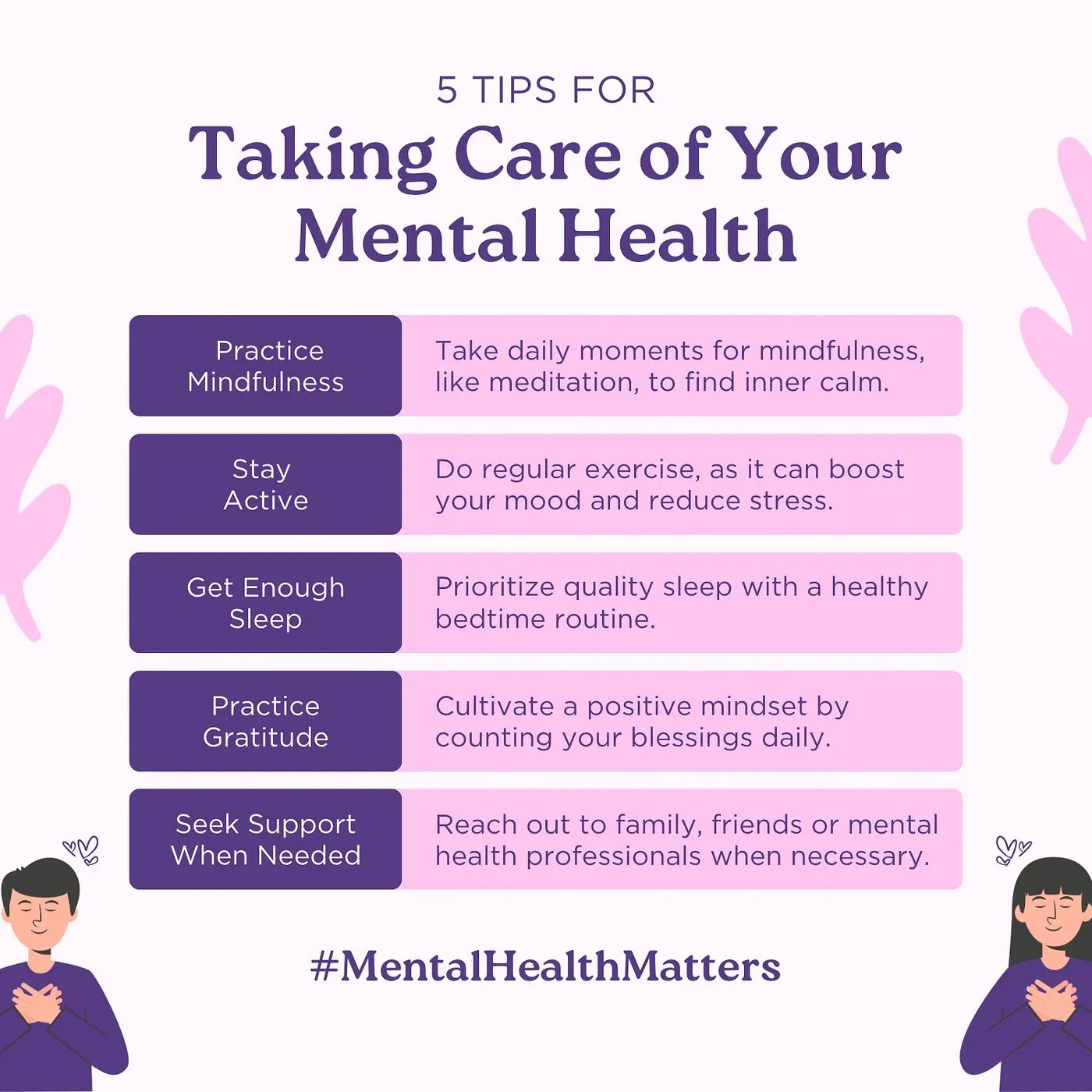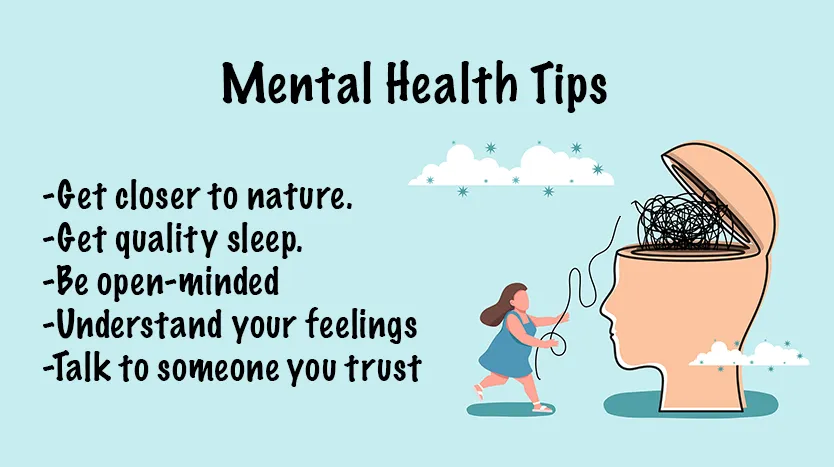In today’s fast-paced world, mental health has become a priority, with more people seeking accessible tools to manage stress, anxiety, and emotional well-being. Mental health apps have emerged as a convenient solution, offering resources for therapy, mindfulness, and mood tracking right at your fingertips.
This article reviews some of the top-rated mental health apps, highlighting their features, benefits, and potential drawbacks to help you find the one that best suits your needs.
1. Calm: Best for Relaxation and Sleep
Overview: Calm is a leading mindfulness app designed to help users reduce stress, improve focus, and achieve better sleep.
Features:
- Guided meditations for stress, anxiety, and focus.
- Sleep Stories narrated by soothing voices, ideal for bedtime.
- Breathing exercises to help manage panic or stress.
- Relaxing music playlists and soundscapes.
Pros:
- User-friendly interface with visually appealing designs.
- Suitable for beginners and seasoned meditators.
- A broad range of content, from quick sessions to longer courses.
Cons:
- Some features are locked behind a subscription.
- Not tailored for severe mental health conditions.
Cost: Free basic version; premium subscription starts at $14.99/month.
2. Headspace: Best for Beginners in Meditation
Overview: Headspace focuses on guided meditation and mindfulness techniques to improve overall mental health.
Features:
- Meditation courses for beginners, intermediate, and advanced users.
- Sleepcasts, soundscapes, and bedtime stories to promote better sleep.
- “Move Mode” for mindful exercises and stretches.
Pros:
- Simple, engaging content with animations explaining meditation concepts.
- Offers short sessions for busy users.
- Science-backed techniques for stress and anxiety management.
Cons:
- Limited content in the free version.
- May not address deeper mental health challenges.
Cost: Free trial; premium subscription starts at $12.99/month.
3. BetterHelp: Best for Online Therapy
Overview: BetterHelp connects users with licensed therapists for virtual counseling sessions.
Features:
- Access to licensed professionals for individual, couple, or teen therapy.
- Communication options: text, chat, phone, or video sessions.
- Journaling tools to track emotions and progress.
Pros:
- Flexible scheduling and therapist availability.
- Affordable compared to traditional in-person therapy.
- Personalized matching with therapists based on your needs.
Cons:
- Not suitable for immediate crisis support.
- Therapists’ quality may vary depending on user preference.
Cost: Plans start at $60–$90 per week (billed monthly).
4. Moodpath (Now MindDoc): Best for Mood Tracking
Overview: MindDoc is a mood tracker and mental health app that helps users understand their emotional patterns and triggers.
Features:
- Daily mood check-ins with reflective questions.
- Insights and trends based on your responses.
- Access to courses on stress, depression, and anxiety.
Pros:
- Easy to use and encourages self-awareness.
- Offers a library of mental health resources.
- Integrates with therapy or self-help routines.
Cons:
- Insights can feel repetitive over time.
- Limited interactive features compared to other apps.
Cost: Free basic version; in-app purchases for premium content.
5. Talkspace: Best for Therapy on a Budget
Overview: Talkspace provides affordable access to licensed therapists via messaging, audio, and video.
Features:
- Unlimited text, audio, and video messaging with your therapist.
- Live therapy sessions via video calls.
- Psychiatry services for medication management.
Pros:
- Convenient communication through multiple formats.
- Offers a free initial consultation.
- Flexible subscription plans based on your needs.
Cons:
- Lack of a free version; only paid plans available.
- May feel impersonal compared to face-to-face therapy.
Cost: Starts at $69/week for messaging therapy.
6. Woebot: Best for AI-Powered Mental Health Support
Overview: Woebot is an AI-driven chatbot that provides cognitive behavioral therapy (CBT) techniques to help users manage emotions.
Features:
- Interactive conversations with Woebot to explore feelings and thoughts.
- Daily check-ins for mood tracking.
- Science-backed CBT tools and exercises.
Pros:
- Free to use with no subscription fees.
- 24/7 availability for immediate support.
- Encourages self-reflection and positive thinking habits.
Cons:
- Limited to AI interaction; lacks human empathy.
- Not suitable for severe mental health crises.
Cost: Free.
7. Happify: Best for Positivity and Stress Relief
Overview: Happify focuses on building positive habits through science-backed games and activities.
Features:
- Activities and quizzes to improve mood and reduce stress.
- Progress tracking with detailed insights.
- Personalized paths for goals like reducing anxiety or boosting confidence.
Pros:
- Gamified approach makes mental health management engaging.
- Suitable for users looking for positivity and self-improvement.
- Available on web and mobile platforms.
Cons:
- Free version offers limited content.
- Some users may prefer deeper therapeutic techniques.
Cost: Free basic version; premium subscription starts at $14.95/month.
8. Sanvello: Best for Stress and Anxiety Management
Overview: Sanvello combines CBT, meditation, and peer support to address stress, anxiety, and depression.
Features:
- Guided journeys for managing specific mental health challenges.
- Thought diary for tracking emotions and triggers.
- Peer community for sharing experiences and advice.
Pros:
- Offers a holistic approach to mental health.
- Customizable tools and resources for individual needs.
- Free access through many health insurance plans.
Cons:
- Premium version required for full features.
- Limited live support options.
Cost: Free with in-app purchases; premium plans start at $8.99/month.
How to Choose the Right App
When selecting a mental health app, consider the following factors:
- Your Needs: Are you looking for relaxation, therapy, or self-help tools? Choose an app that aligns with your goals.
- Budget: Some apps are free, while others require subscriptions. Assess your willingness to invest in mental health tools.
- Ease of Use: Pick an app with a user-friendly interface that fits seamlessly into your routine.
- Credibility: Look for apps developed with input from mental health professionals or backed by research.
- Privacy: Ensure the app adheres to strict privacy policies to protect your data.
Final Thoughts
Mental health apps have revolutionized the way we approach emotional well-being, offering accessible and affordable tools for stress relief, therapy, and mindfulness. Whether you’re seeking professional support through BetterHelp or Talkspace, or prefer self-guided relaxation with Calm or Headspace, there’s an app tailored to your needs.
While these tools are valuable, they should complement—not replace—professional therapy or medical care when needed. Take time to explore and experiment with these apps to find the ones that resonate with you. Prioritizing mental health has never been more convenient or empowering.
